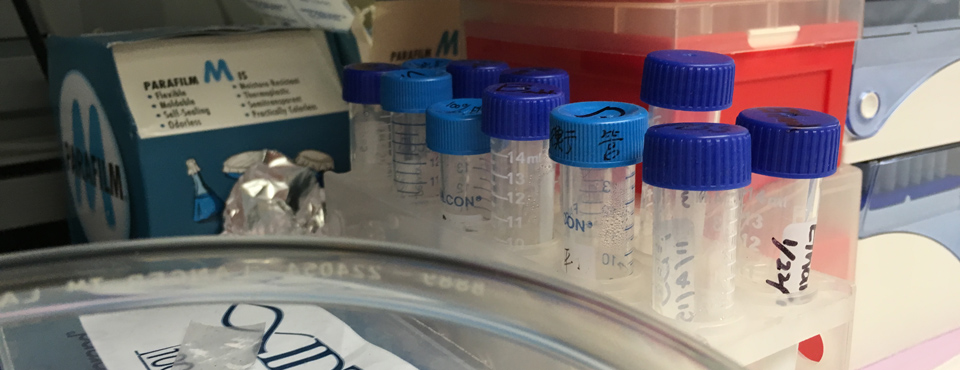Why Testing is Essential for Pet Health and Longevity
Why Testing is Essential for Pet Health and Longevity
Blog Article
Our furry friends are part of our lives, and ensuring their well-being requires effort. Pet health labs are pillars of modern pet care in ensuring proper care for companion animals.
This article, we’ll discuss the value of lab tests for animals and highlight the most common exams.
How Do Veterinary Laboratories Work?
Diagnostic labs for pets are specialized centers for evaluating pet health. Vets rely on their findings to tailor care to the pet’s needs.

How tests are conducted usually includes:
- Gathering biological samples: Specimens from pets are prepared for analysis.
- Laboratory analysis: State-of-the-art processes provide results.
- Results interpretation: Labs share results with veterinarians for your pet’s benefit.
Common Veterinary Tests for Dogs and Cats
Diagnostic exams are tailored to pet needs to address medical issues. Key lab services include:
- Hematology panels: Assess organ function.
- Urine testing: Spot urinary tract infections.
- Fecal analysis: Identify digestive disorders.
- Allergy testing: Diagnose food or environmental allergies.
- Advanced imaging tests: Check internal organs.
How Testing Supports Pet Health
Frequent health checks supports proactive health management. With timely diagnostics, you save on emergency costs.

Why diagnostics matter include:
- Longer, healthier lives: Pets live happier, healthier lives.
- Saving on future treatments: Early detection reduces expenses.
- Peace of mind: Manage concerns proactively.
laboratório veterinario splaboratório veterinariolaboratorio analises clinicas veterinaria
Why Testing Matters for Dogs and Cats
Veterinary labs are vital for protecting the health of dogs and cats. By making testing part of their care, you catch issues early.
Talk to your vet about testing today and keep them healthy and thriving!
Report this page